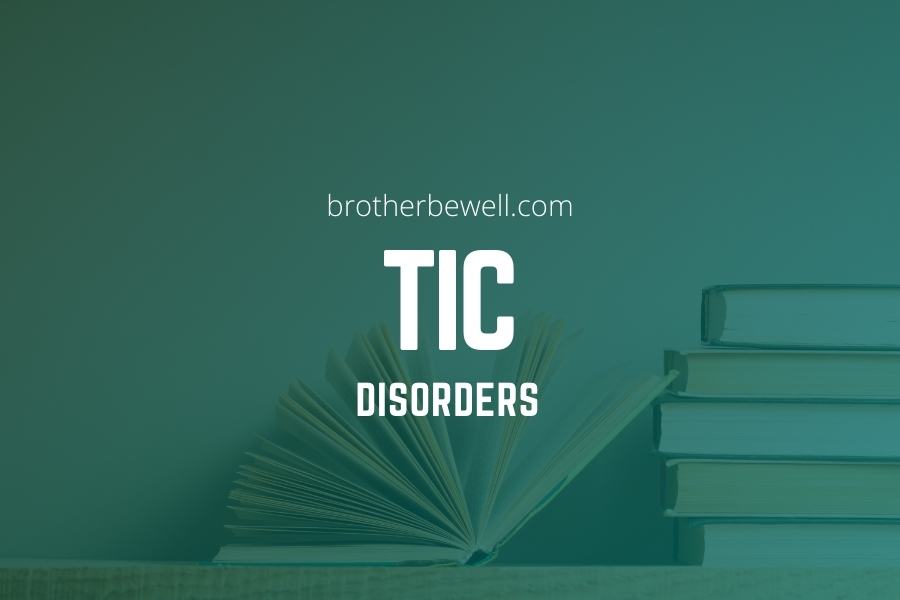What Is A Tic?
Tics are sudden, repeated muscle movements or vocalizations. Tics can occur in any part of the body; they have no rhythm or sequence. They intensify when the person becomes flustered or stressed. Tics fall into two categories: motor and vocal. Motor tics occur in muscles and come in forms like a shoulder shrug or an eye wink. Vocal tics can come in the form of words or other sounds, for example, a whistle. Some tics mimic nervous behavior. The difference is that tics are unintentional and uncontrollable.
What Is A Tic Disorder?
Tic disorders are mental disorders classified by type (motor or vocal). The APA’s Diagnostic and Statistical Manual of Mental Disorders includes three tic disorders:
- Tourette’s disorder (Tourette Syndrome [TS])
- Persistent motor or vocal tic disorder
- Provisional tic disorder
Mental health professionals can diagnose these disorders if the symptoms are natural. In some cases, tics are a side effect of neurological trauma or a particular medication. This type of tic calls for a separate line of evaluation and treatment. Symptoms may be like those of a tic disorder. Yet, we should know the distinctions to prevent misdiagnosis and mistreatment.
Tourette’s Syndrome (TS)
Persons with Tourette’s Syndrome have at least two motor tics and one vocal tic. Mental health professionals diagnose TS if the tics continue for one year. Tics usually show up between the ages of 2 to 15, but a health professional can diagnose them any time before 18. Experts classify tics as:
- Simple tics: random movements that use a limited number of muscle groups.
- Complex tics: repeated patterns that use many muscle groups.
There is no cure for TS, but there are treatments in place for severe cases.
Persistent Motor or Vocal Tic Disorder
People with this disorder have vocal or motor tics. They may have one or more motor tics or one or more vocal tics, but never both. Like TS, health professionals diagnose this disorder between the ages of one year and 18. Persons with this disorder experience many tics daily. Or, they may have sporadic tics over a long period of time.
Provisional Tic Disorder
Provisional Tic Disorder occurs in persons under the age of 18. Unlike the previous disorders, provisional tic disorder is not chronic. It lasts for 1 to 12 months and then goes away. Persons with this disorder can experience motor or verbal tics.
Let’s do our best to not make a person with a tic disorder feel anxious or stressed. Do not cause them to be self-conscious about their condition, which can make it worse. Instead, create a comfortable environment for our friends with Tourette’s Syndrome. Do the same for those with a persistent motor or vocal tic disorder, and those with a provisional tic disorder. It can make all the difference and will contribute to de-stigmatizing mental health.



